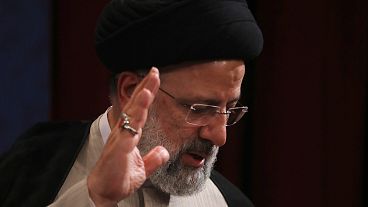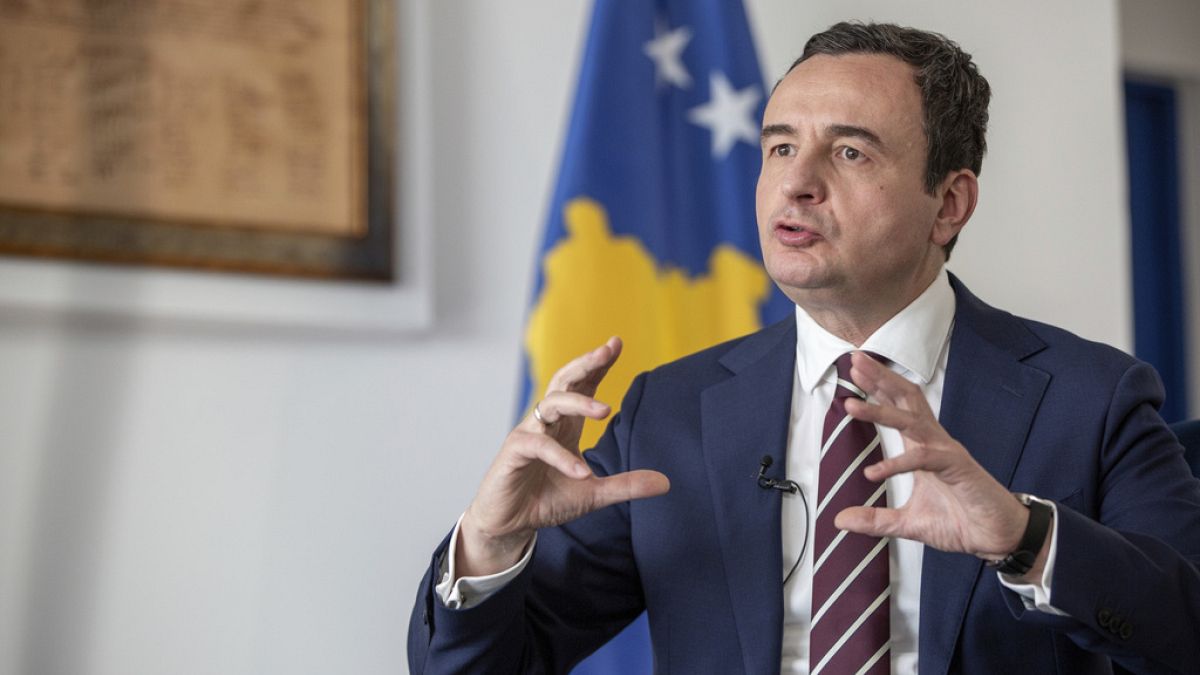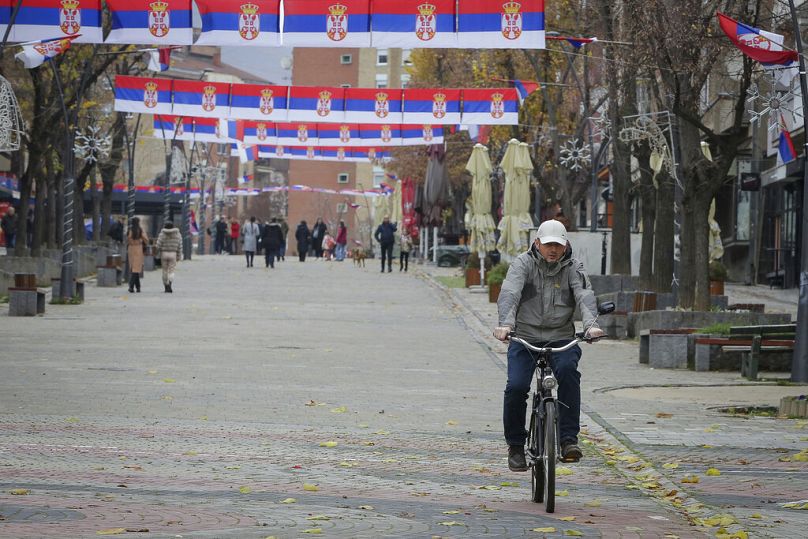The Council of Europe's Committee of Ministers will not be making a decision on Kosovo membership in mid-May, according to their agenda. In the meantime, Pristina has been asked to fix the constitutional issue related to the Community of Serb Municipalities.
Kosovo's admission to the Council of Europe (CoE) is not on the agenda of the meeting of its Committee of Ministers, which is set to be held on 16 and 17 May. This will likely lead to delays in Pristina's admission to the pan-European human rights body.
In the meantime, Kosovo Prime Minister Albin Kurti has said that the procedure for creating a new administrative body for places where ethnic Serbs are a majority has emerged as an "unacceptable precondition" to Kosovo's membership as CoE's 48th member state.
Kurti’s move to reject the precondition has dissatisfied France, Germany and Italy, which have required the Council of Europe to postpone the final decision on Kosovo’s application, diplomatic sources said.
Kurti responded by stating that Kosovo has fulfilled all the criteria for membership, which was approved by the body's political affairs committee and a vote at its parliamentary assembly, PACE, earlier in April.
“Taking the association out of the package, putting it at the centre of gravity as a emergency priority is not possible,” Kurti said at a government meeting on Wednesday.
The Committee of Ministers is the next in line to decide on Kosovo's accession following the green light from PACE.
The government of Kosovo was expected to demand that the Constitutional Court revise the statute of the Community of Serb Municipalities in the small Balkan country of roughly 2 million.
The creation of an administrative body in Serb-majority areas, mostly in the north of the country, is the most important condition established by France, Germany, Italy and other EU countries for Kosovo's progress on its EU membership path, according to the 2013 Brussels Agreement between Belgrade and Pristina.
In 2015, the Kosovo Constitutional Court declared that the Community of Serb Municipalities could not hold executive power, deeming any autonomy beyond the municipal administrative level unconstitutional.
Kurti's government is wary that, if not limited in its authority, the Community of Serb Municipalities could become a de facto independent Serb territory along the border with Serbia in the long term.
Kurti has repeatedly stated that such a solution could create a de facto Republika Srpska within Kosovo, drawing parallels with the increasingly separatist Serb-majority entity in Bosnia and Herzegovina.
Decades of EU agreements lead to no solution — yet
Brussels has asked Kurti’s government to initiate the procedure to demand Kosovo's Constitutional Court to review its previous position on the constitutionality of the Community of Serb Municipalities.
The EU and the US have been increasingly concerned by the rise in tensions in the Western Balkans, especially between Serbia and Kosovo.
In the eyes of NATO, the risk of renewed conflict after the bloodshed of the 1990s has grown stronger because of the war in Ukraine.
Belgrade sees Pristina's accession to the Council of Europe as a setback in its policy of non-recognition of Kosovo, its former province.
Brussels has demanded that Serbia not obstruct Kosovo's membership in international organisations such as CoE, the UN and Interpol. Belgrade has formally accepted Brussels' request by agreeing to the so-called Ohrid Agreement in 2023, which has become a precondition for Serbia's EU membership as part of one of its accession chapters.
So far, neither of the two sides has completely fulfilled the EU-brokered agreements.





